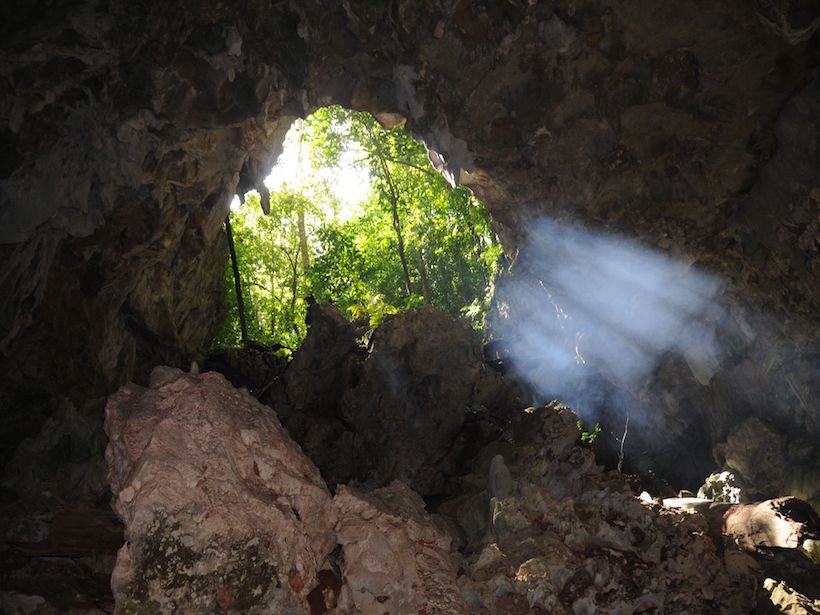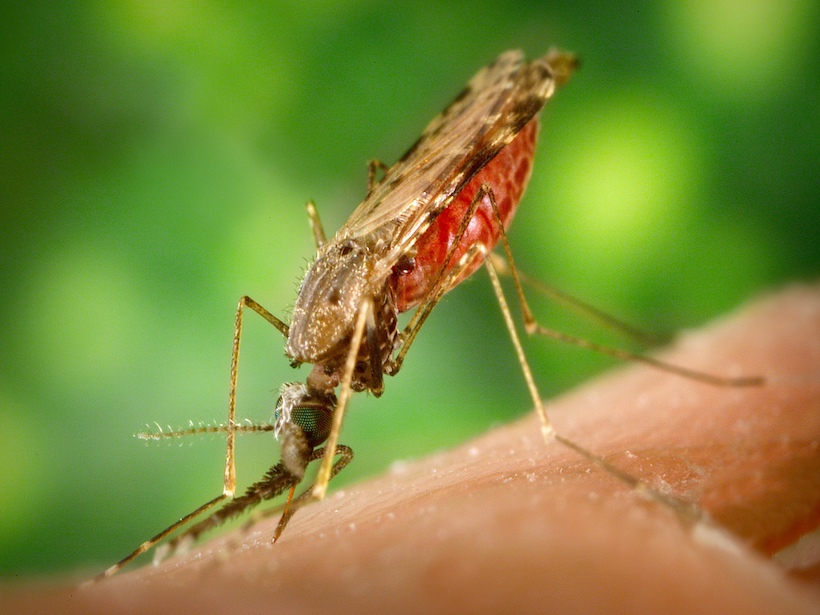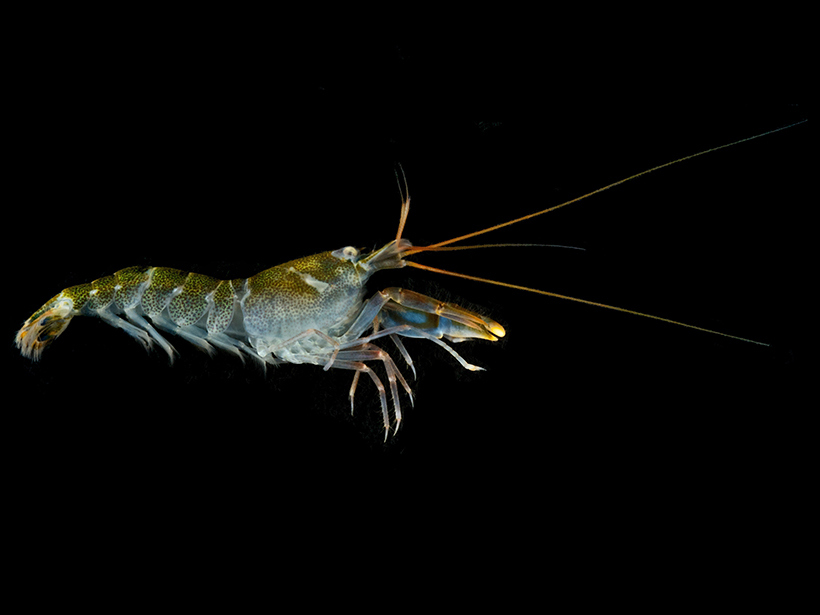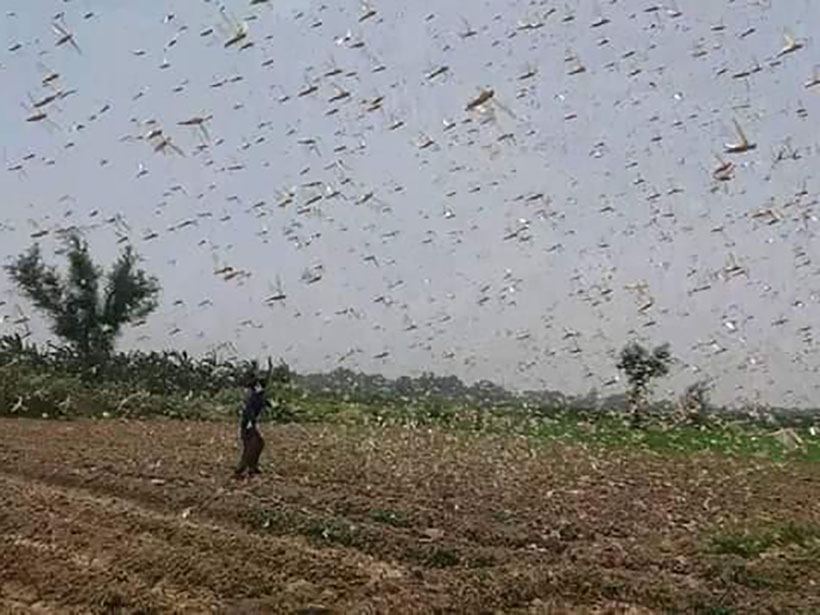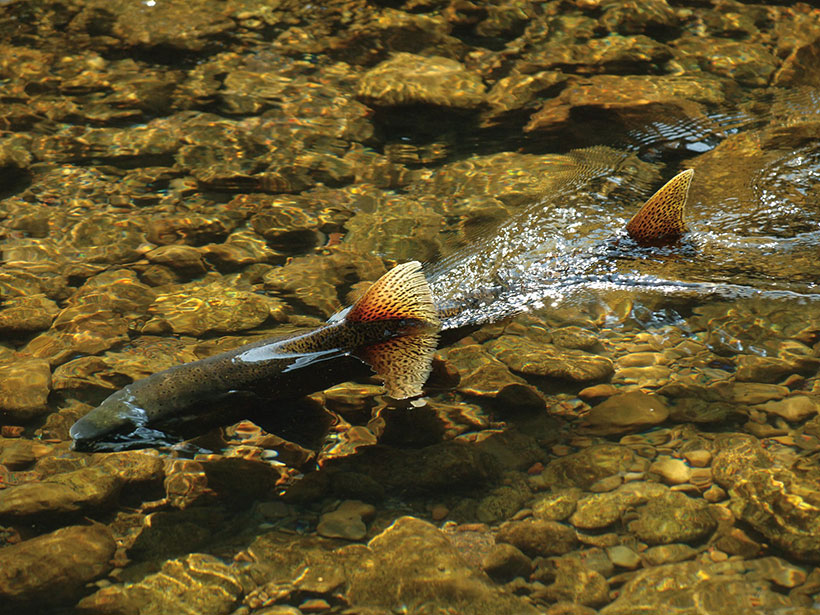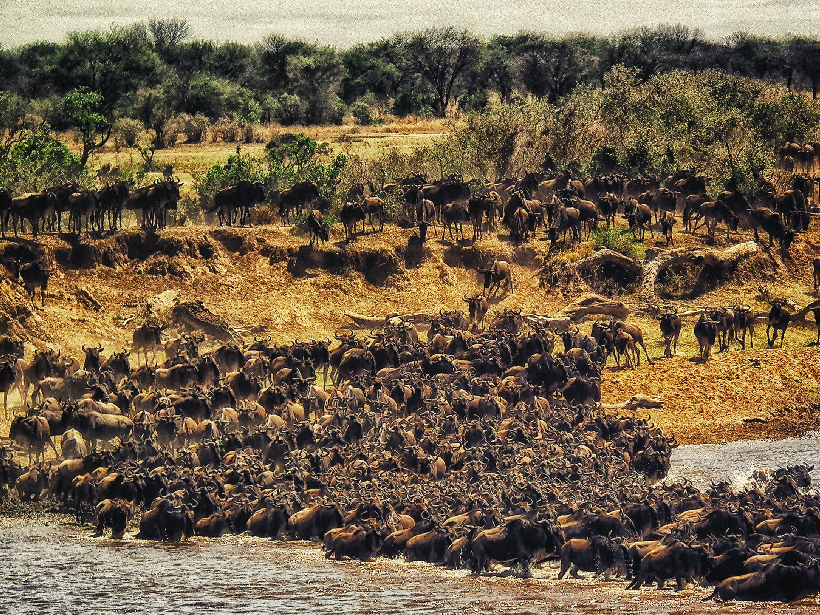Jellyfish and sea salps aren’t getting the credit they deserve for their role in ocean carbon cycling, according to a new study.
animals
Bat Guano Traces Changes in Agriculture and Hurricane Activity
Researchers hiked and rappeled into two caves in Jamaica to collect over 40 kilograms of excrement.
Hydrology Helps Identify Future Malaria Hot Spots
Complex hydrological processes—not just the amount of rainfall—help determine where malaria-transmitting mosquitoes can thrive.
Climate Change May Shift Coral Population Dynamics
New paleoceanographic research indicates that warming waters may contribute to fewer coral reefs but to a flourishing presence of soft-bodied corals.
Camarones Chasqueadores Hacen Más Ruido en Aguas Cálidas
Conforme el océano se calienta debido al cambio climático, ruidos más fuertes podrían enmascarar los llamados de otros animales marinos usados para navegar, buscar alimento o pareja.
Some Farm Animals Might Have a Sense About Impending Earthquakes
Stabled animals seem to grow fidgety in the hours before an earthquake, whereas their free-range counterparts show no discernible difference in behavior.
Record Locust Swarms Hint at What’s to Come with Climate Change
Warming oceans that feed cyclones have also bred record-breaking swarms of desert locusts. Such plagues could grow bigger and more widespread with climate change.
Internal Compass Guides Salmon’s Incredible Journey
New study finds evidence that magnetite particles play a role in fish navigation.
Monitoring African Elephants with Raspberry Shake & Boom
A team of researchers has used low-cost devices to record footsteps and vocalizations from African elephants in the field.
Geology and Chemistry Drive Animal Migration in the Serengeti
Fieldwork in Tanzania suggests that soil chemistry—influenced by local volcanism and tectonic activity—might help dictate the record-setting migration of over a million wildebeests.


